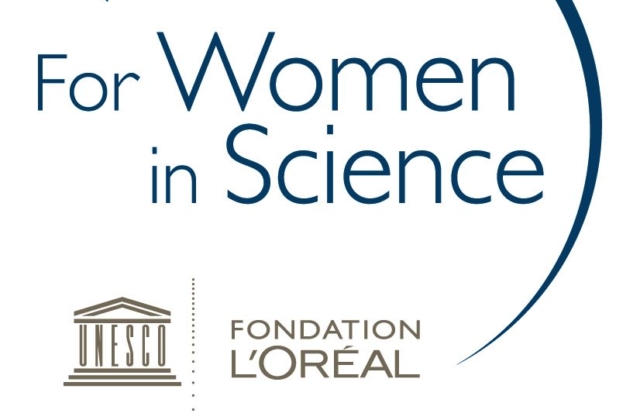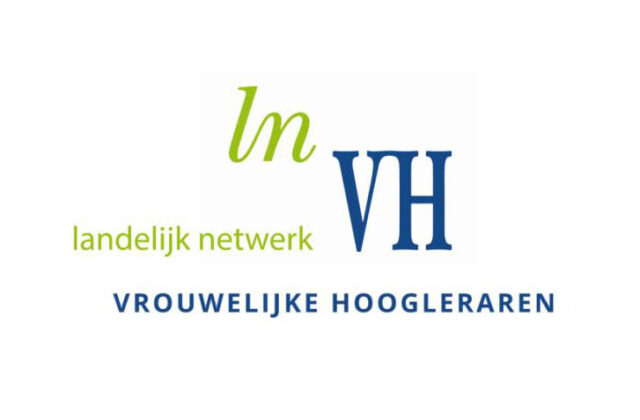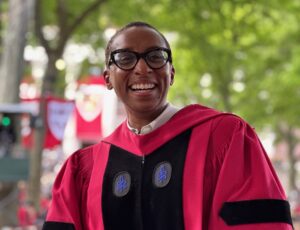About the workshop
Compared to the general population, people with a mental health disorder are much more likely to initiate substance use (among which smoking alcohol, and cannabis) and develop a substance use dependency. A better understanding of the nature of the relationship between substance use and mental health can help improve prevention and treatment. To what degree the relationship is causal is especially unclear. And what is the causal direction do mental health problems lead to substance use and / or does substance use negatively affect mental health?
Given that substance use and mental health disorders both have a complex and multifactorial etiology, evidence needs to be combined and translated across research disciplines (experimental animal, genetics, clinical). This workshop will include expert lectures on smoking alcohol, and cannabis use in relation to mental health, as well as on causality and interdisciplinarity. During small group brainstorm sessions we will discuss the current evidence and knowledge gaps as well as potential implications for preventive efforts, treatment, and public health messages.
Programme
Thursday 16 June
Morning: The complex relationship between substance use and mental health. Location: NIAS (Korte Spinhuissteeg 3), seminar room 3rd floor
09.00 – 09.10 Doors open
09.10 – 09.15 Welcome | dr. Jorien Treur
09.15 – 10.00 What do we know about the association between mental health and alcohol use from epidemiological data? | dr. Laura Goodwin
10.00 – 10.45 A Cochrane systematic review: smoking cessation for improving mental health | prof. Paul Aveyard
10.45 – 11.00 Break
11.00 – 11.45 Cannabis and psychosis – Can we make cannabis safer? | dr. Amir Englund
11.45 – 12.30 Substance use against a background of other (environmental) risks for psychopathology | dr. Michel Nivard
12.30 – 12.45 Mendelian randomization studies on mental health and substance use | dr. Jorien Treur
12.45 – 14.00 Lunch. Location: NIAS Fellows house, Kloveniersburgwal 23
Afternoon: Brainstorm sessions. Location: NIAS (Korte Spinhuissteeg 3), B 0.20, A 0.03, Lunch room.
14.00 – 14.45 Brainstorm session I: Knowledge gaps.
Topics for discussion:
- Where is the evidence from different disciplines contradicting, and how can this be explained?
- What knowledge is still missing?
- What type of research would be needed to attain more robust evidence?
- Based on the current evidence, what is the most likely (causal) relationship?
Group 1 = smoking, chaired by dr. Jorien Treur, Lunch room
Group 2 = alcohol, chaired by dr. Laura Goodwin, A 0.03
Group 3 = cannabis, chaired by dr. Amir Englund, B 0.20
14.45 – 15.00 Break
15.00 – 15.45 Brainstorm session II: Implications for public health, prevention, and treatment.
Topics for discussion:
- Based on the current state of evidence, how can causal insights be used to improve preventive efforts (more than is already being done)?
- Will (potential) mental health effects of substance use have a more deterring effect than physical health effects?
- Should we use information about (potential) mental health effects of substance use to improve public health messages?
- How can current causal insights be used to improve treatment of mental health disorders in clinical practice?
Group 1 = smoking, chaired by dr. Jorien Treur, Lunch room
Group 2 = alcohol, chaired by dr. Laura Goodwin, A 0.03
Group 3 = cannabis, chaired by dr. Amir Englund, B 0.20
Friday 17 June
Morning: Evidence triangulation & prevention. Location: NIAS (Korte Spinhuissteeg 3), seminar room 3rd floor
09.00 – 09.30 Recap day 1 and discuss outcomes brain storm sessions | dr. Jorien Treur
09.30 – 10.15 Identifying causal pathways between health behaviours and mental health – the need for triangulation of evidence | prof. Marcus Munafò
10.15 – 11.00 Reducing smoking among people with mental health problems | dr. Leonie Brose
11.00 – 11.15 Break
11.15 – 12.00 Reaching people in vulnerable positions with health promotion interventions and in research | prof. Gera Nagelhout
12.00 – 12.45 Digital health communication for substance use | dr. Eline Smit
12.45 – 14.00 Lunch. Location: NIAS Fellows house, Kloveniersburgwal 23
Afternoon: (translation to) clinical practice & causal pluralism. Location: NIAS (Korte Spinhuissteeg 3), seminar room 3rd floor
14.00 – 14.45 Can prescribed cannabinoids substitute cannabis? | dr. Albert Batalla
14.45 – 15.30 Substance use disorders and mental health disorders: treating comorbid disorders and investigating working mechanisms | prof. Anneke Goudriaan
15.30 – 15.45 Break
15.45 – 16.30 Causal pluralism and the challenges of public health interventions | dr. Federica Russo
16.30 – 16.45 Closing | dr. Jorien Treur
Workshop speakers
dr. Laura Goodwin, Lancaster University (UK)
prof. Paul Aveyard, University of Oxford (UK)
dr. Amir Englund, King’s College London (UK)
prof. Marcus Munafò, University of Bristol (UK)
dr. Leonie Brose, King’s College London (UK)
dr. Albert Batalla, UMC Utrecht
prof. Gera Nagelhout, Maastricht University / IVO
dr. Eline Smit, University of Amsterdam
dr. Federica Russo, University of Amsterdam
prof. Anneke Goudriaan, Amsterdam UMC
dr. Michel Nivard, VU University Amsterdam
Attendance
Entrance is free (including lunch) but the number of places is limited. Please register via email at j.l.treur@amsterdamumc.nl.






